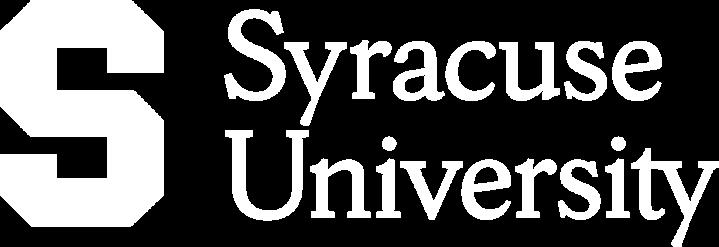




08 OUR FOCUS
12 SPRING ‘22 RESEARCH
17 20 26
BIOBASED TRANSITIONS SUSTAINABLE SYRACUSE COMMUNICATIONS
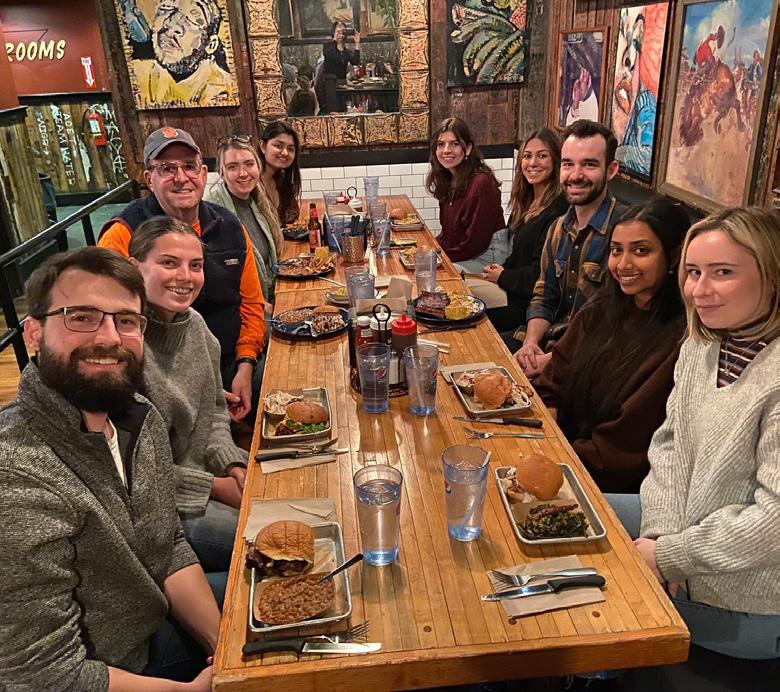
The Dynamic Sustainability Lab examines the risks, unintended consequences and opportunities resulting from the rapid transition to a Net Zero Carbon Economy including the technologies, policies and organizational strategies used in the transition. Our focus is in providing interdisciplinary scientific approaches that support organizations in realizing sustainability transition opportunities by identifying the dynamic risks and developing strategies and tools to achieve success.

I am so excited to have the opportunity to share with you the incredible progress and impact of the Dynamic Sustainability Lab. In student terms, I am but a new sophomore at Syracuse having arrived in the fall of 2021. I cannot fully express how much fun I am having with our students and faculty colleagues. But let me try.
But first a bit of background. The name of our lab intentionally emphasizes the word “Dynamic.” The reason for this is that around the globe governments and industry are rapidly transitioning to a net-zero carbon economy and at the same time developing a new generation of sustainable technologies and strategies. Yet, much of this is happening without the full understanding and quantification of the unintended consequences and risks as well as the opportunities.
DR. JAY GOLDEN, PHD
Pontarelli
Professor of Environmental Sustainability and FinanceDepartment of Public Administration and International Affairs
Department of Environment, Sustainability and Policy
Maxwell School of Citizenship and Public Affairs
Department of Earth and Environmental Sciences - Faculty Affiliate
College of Arts and Sciences
Syracuse University
That is where the Dynamic Sustainability Lab comes in. We are filling an important research need around the world by supporting both public and private organizations meet these challenges, many times by working together. As a result, we are at the forefront of public policy, corporate strategy and innovation at the nexus of climate, energy and sustainability.
Our students are gaining incredible first-hand experience by consulting for our partners. And the word has gotten out. In my first year we had six student researchers and now as we start 2023 we are over thirty and they come from very different academic programs, communities and socio-economic circumstances. But they all have similar passions to make a positive impact and to work hard as part of cross-disciplinary teams. And, we have a lot of fun doing this together!
One of my goals is prepare our students to be our future leaders in government and industry. In our first year I am proud to say we achieve 100% job placement in meaningful organizations.
I encourage you to take a look at the wonderful work our student researchers are doing and the impact they are having in New York, our nation and around the world. By the way, this annual report was completely designed, edited and produced by our incredible DSL communications team!!
Finally, I want to thank Ken and Tracey Pontarelli for their vision and on-going support! I would also like to thank our university leadership, my faculty colleagues at Syracuse University and around the globe, an incredible advisory council, the organizations that have trusted us to take on their sustainability, climate and energy challenges but most importantly I want to thank the student researchers who make this effort so fulfilling and fun!
Thank you for your interest and support!





On-Campus Partners:



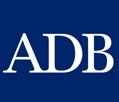








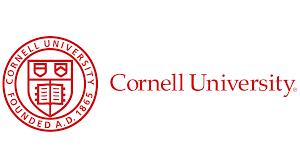


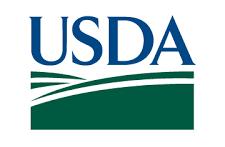





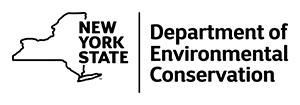
Off-Campus Partners:
DSL IS GLOBAL

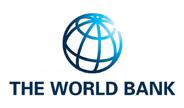

Regions of Research Focus



Project Manager
Administrative Specialist
International Reneweable Energy
Offshore Wind
IBRAHIM TAHIR

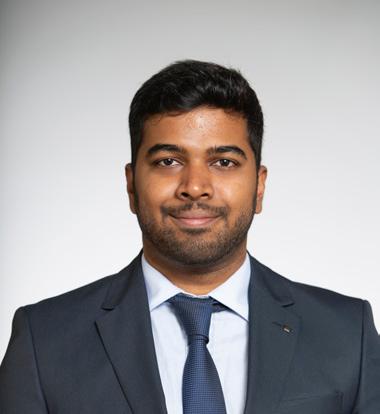
JACOB SNELLING

Circular Economy: Data Dashboard
Carbon Finance: Vertical Farming
International Reneweable Energy
Corporate Transparency
Communications Team

Circular Economy: Waste Audit
International Reneweable Energy
Offshore Wind
Visiting Research Fellow: Corporate Strategies
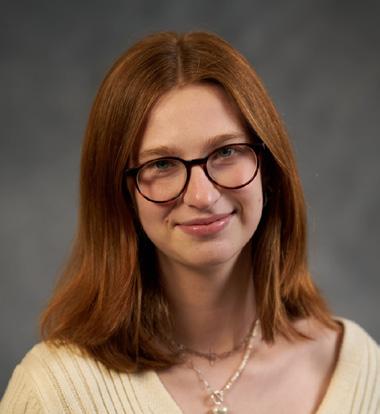





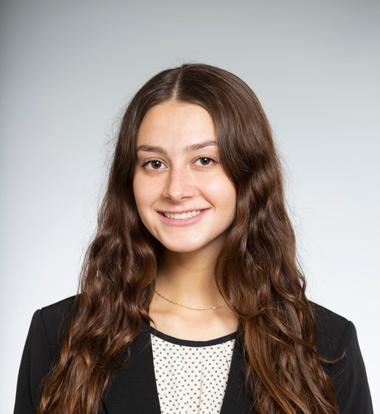




Corporate Strategies
Carbon & Insurance
Carbon & Insurance
AARON OTIS KRISTIN HAUPTMAN PIA UBILLUS RAHUL KOTIAN YETUNDE HAMILTON OLIVIA HAPPEL CARMEN MENDEZ FRAMKE VITALE AVANNI GUDIMETLA SAMANTHA WALCOTT SOPHIE-CREAGER ROBERTS ADIBA ALAM RIONA SHEIK BAILEY KLEMMOffshore Wind Energy
Corporate Transparency
Offshore Wind
Carbon Monitoring Technologies
Transportation Energy
Communications Team
Carbon Finance: Blockchain
Climate - SMART Commodities
Corporate Transparency
International Reneweable Energy
Circular Economy
Visiting Research Fellow: International Reneweable Energy


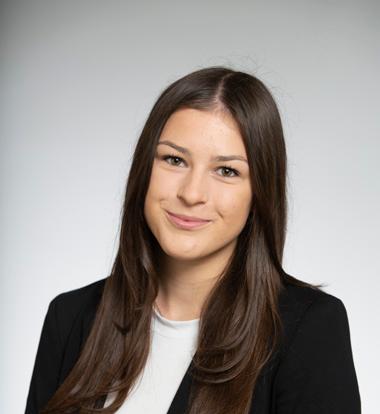

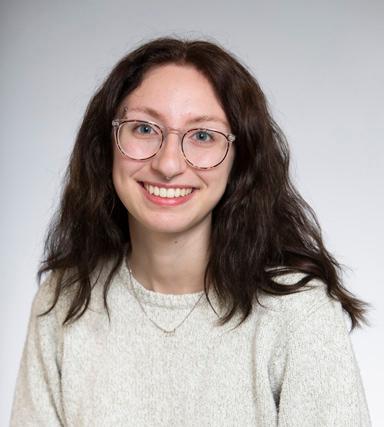
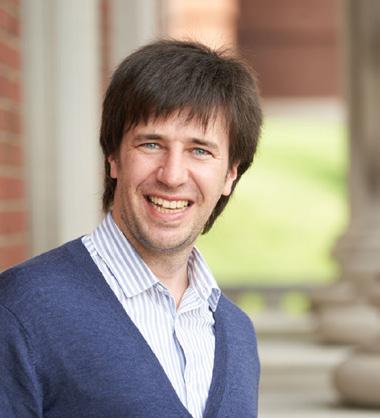

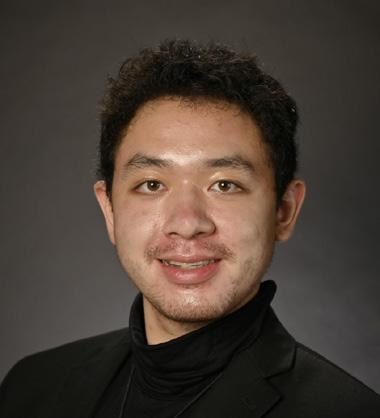
Communications Team
Circular Economy
Community Solutions
Communications Team
Hubert Humphrey Fellow: Sustainable Supply Chains




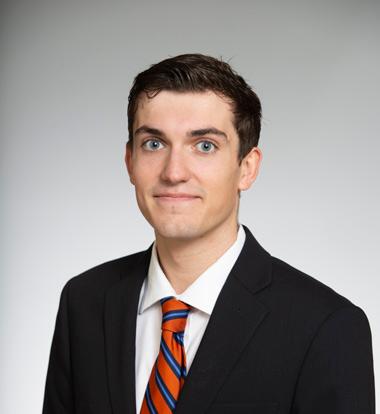
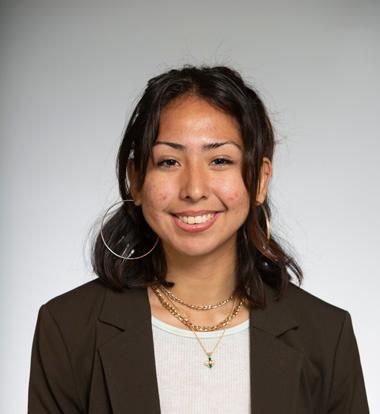
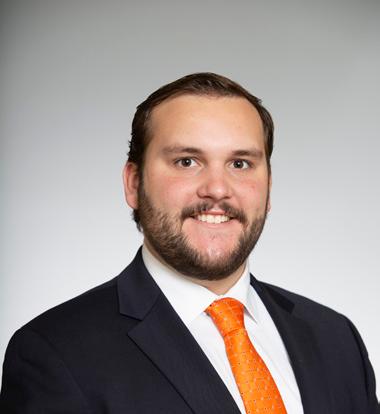



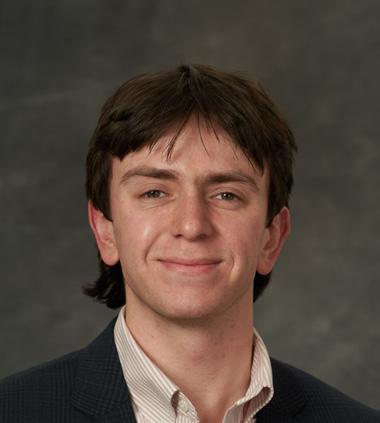

Community Solutions


In order to accomplish national and state net zero carbon emission commitments, we will transition from legacy fossil fuel energy sources to renewable resources. Electric vehicles (EVs) will increase from less than 1% of the global automotive fleet to over 30% by 2050 reaching over 670 million units. Achieving these transitions will require access to critical earth resources much of which is dominated by the control of China.
We are working with governments, farmers and industry to leverage agriculture, agricultural wastes and forestry to develop low carbon and climate-smart feedstocks, chemicals, fuels, energy and consumer products to aid organizations in achieving their net-zero carbon transitions. Additionally, our team is working with the global insurance and finance sectors and technologists to develop pathways and products to monitor, verify, insure and finance the voluntary carbon market as well as examining the geotechnical and operational opportunities for carbon capture and sequestration.
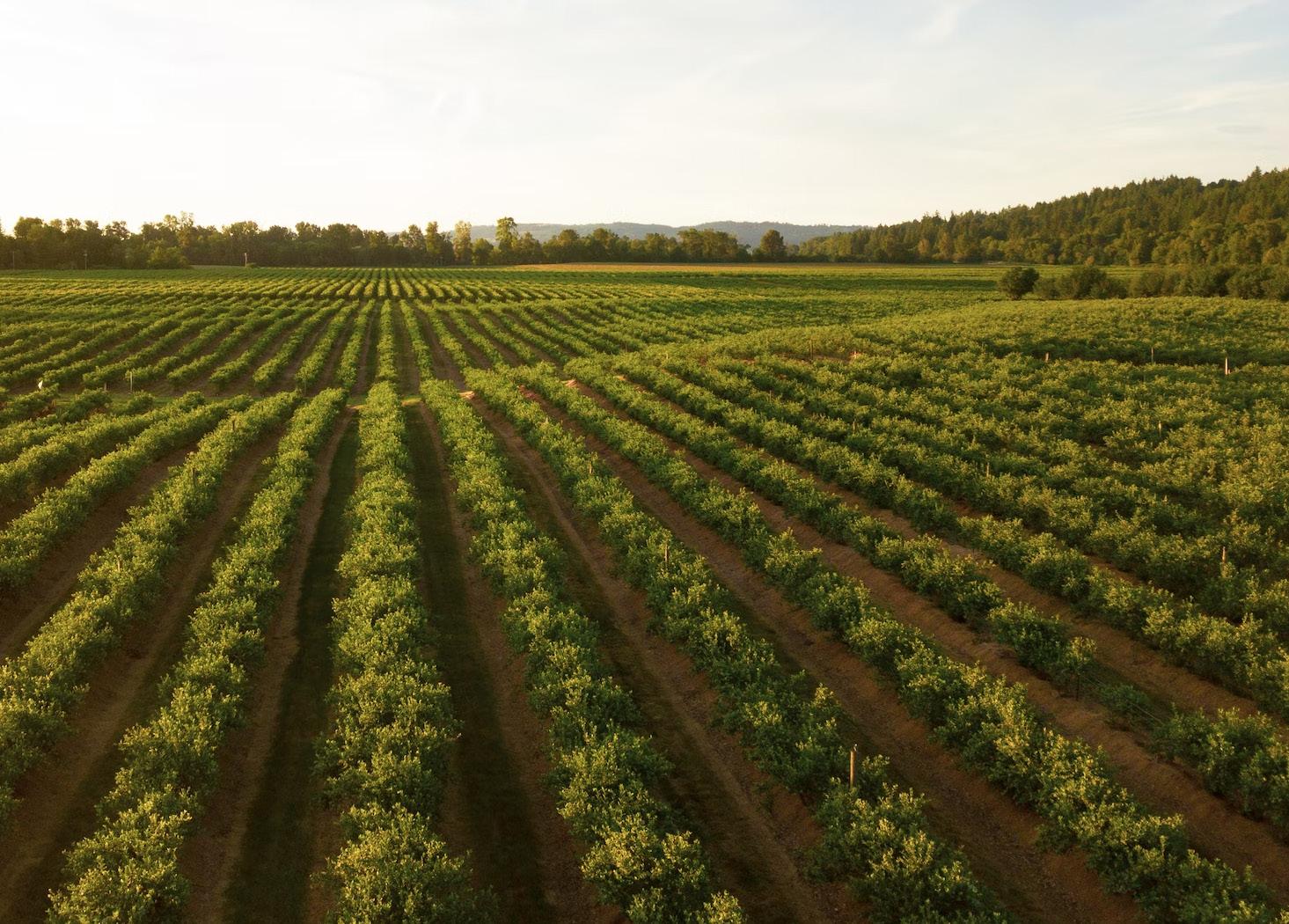
The transition to a net-zero carbon economy is bringing with it unprecedented national and global policies and investments for climate and energy. This is coupled with rapid industry commitments and a race by countries including the U.S., China, UK and members of the EU to dominate the new Green-Tech industrial sector. Our team is being recognized for our work to quantify the transitions risks and unintended consequences of the net-zero carbon transition and implications for industry and government with a focus on public policy, national security, supply chains, ESG, finance and trade.
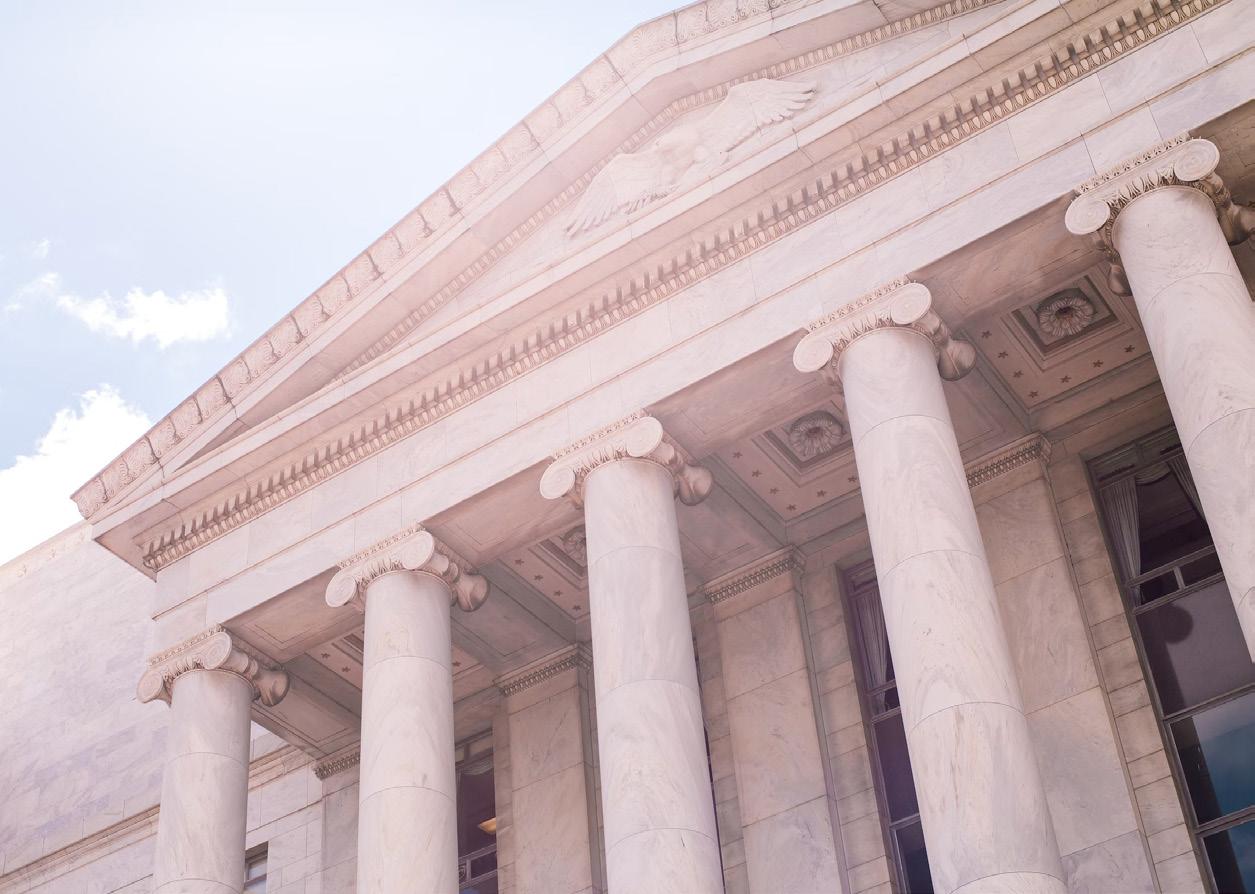
• Carbon Intensity Labels at AFCC National Conference
Washington DC
• Tax and Revenue Implications of the EV Transition Council of State Governments Conference
Rhode Island
• Biobased Economy All Island Bioeconomy Summit
Dublin, Ireland
• Corporate Sustainability & the Race to Net-Zero Carbon University of Cambridge, UK
• CCS and Carbon Markets Insurance Innsure Conference
Boston, MA
• Dynamic Sustainability Lab Research
San Francisco, San Jose, San Diego, CA
• Offshore Wind
Syracuse, NY
• Energy and Climate Transitions
New York, NY
Dr. Golden led Syracuse University students on a month-long program during the summer in the United Kingdom studying and meeting with major UK corporations, government agencies and non-governmental agencies during the summer of 2022.
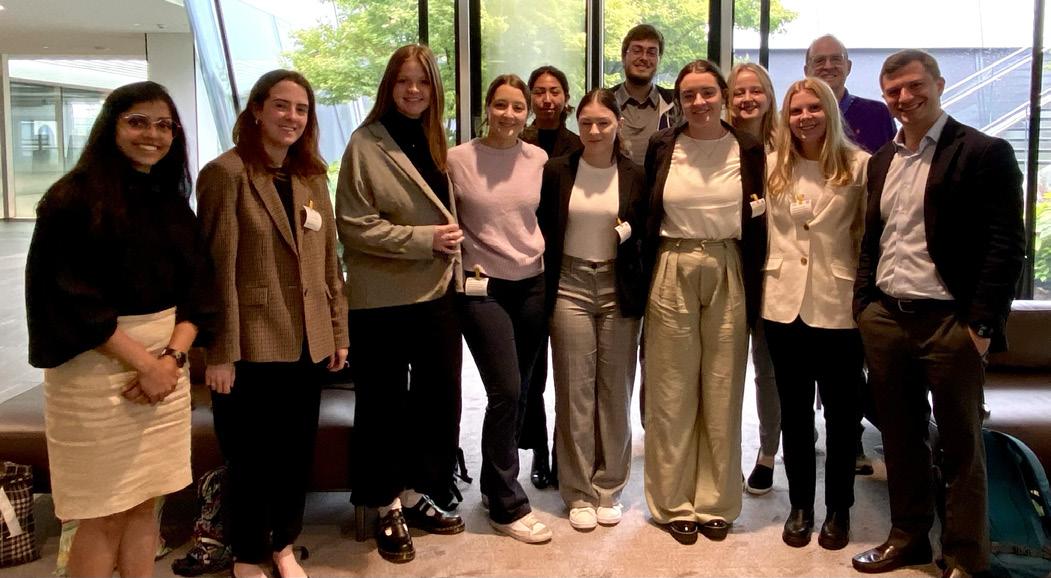
• USDA Announces $60 Million-five year Climate-Smart Commodities Grant to a Team comprising Syracuse University (Dr. Golden Syracuse PI), Cornell University, SUNY-ESF and the State of New York as the overall lead.

• A team led by Dr. Golden with Syracuse and SUNYESF faculty were awarded a research grant to grow interdisciplinary efforts on the Net-Zero Carbon Transition

• Federal grant: Quantify the Bioindicators of the U.S.
• Federal grant: Evaluate the federal 9003 loan guarantee program
• Business grant: Support an ARPA-E project on an emerging carbon monitoring technology
• Multiple proposals in progress spanning government agencies, industry and foundations.
The Dynamic Sustainability Lab, Syracuse University and Boston-based Northeast Clean Energy Council enter into an impactful partnership on research, outreach and innovation.

3 government reports • 2 scientific papers • 2 mass media articles • 12 technical bulletins • 8 client reports • 2 interactive databases
We reached a 100% job placement for our student researchers who graduated in 2022. They are working for industry, government and non-governmental organizations with high paying, impactful positions. Going into 2023, some of our current researchers have job offers pending or have accepted job offers even prior to their anticipated graduation. This is our most important metric and reflects our efforts to prepare them for their future professional careers.
“It is difficult to toggle between issues,” Cryan said, “but if you’re working on Capitol Hill, or you’re working in any job and looking for advancement, one of the things that is important is to be opportunistic when things come up.”
Cryan worked with vulnerable populations from freelyassociated states who lacked access to proper healthcare infrastructures. In collaboration with his higher-ups, Cryan helped reverse a 20-year period where these populations did not have access to Medicaid.
“It’s something that made a huge impact in these people’s lives,” Cryan said. “They could access the healthcare they need and deserve. That’s something I played a very small support role in, but it’s an example of Congress being able to fix a problem and our elected officials being able to make a direct impact in people’s lives.”
Dedicating nearly a decade to the United States Senate, graduate student Chris Cryan began his work there just six hours after his last final exam at the University of Hawaii at Manoa.
Over the next eight years he would move his way up the legislative ladder, mainly working in the Office of Insular Affairs, amongst other supportive roles in budget appropriations, environmental policy, and healthcare. Throughout college and his career, Cryan was always interested in climate change, but his time in the Senate provided him a first-hand perspective of how policy affects the issue.
“Everything will get worse if we don’t take climate change on in a more direct way,” Cryan said. “The longer that I worked on those issues, whether they were healthcare or foreign policy, the more I started to see that climate change is something that made every problem I was interested in a lot worse.”
Cryan maintained various roles in the senate that influenced such a perspective; he began as a staff assistant, moved into a supportive role as a legislative correspondent, and finally earned his role as lead staffer on healthcare appropriations and budget.
Collaboration and consistent efforts in each of these roles allowed Cryan to quickly advance forward, constantly shifting his attention across various issues in Congress — an admittedly tough task.
Cryan’s time in the Senate granted him the opportunity to be a part of solutions to many different issues, but after eight years of legislative work, he felt it was time to turn his attention toward more focused areas of work. So, after nearly a decade, Cryan decided to pursue his Master’s of Public Administration at Syracuse University’s Maxwell School of Citizenship and Public Affairs in July of 2022.
“I wanted to come here to drill down on a couple of issues and develop some expertise,” Cryan said. “Because I had been working on so many different issues, I wanted to take some time to really focus on one or two key issues, like energy and sustainability. I thought that would make me better equipped.”
Having supported a member that was on the Natural Energy and Resources Committee in the Senate, Cryan developed policy skills that effectively led him to the Dynamic Sustainability Lab as a researcher for the Off-Shore Wind Team. With his experience and understanding of policies and funding, Cryan quickly integrated his past experiences to the lab, specifically focusing on policies that will promote off-shore wind development.
His baseline knowledge of the federal government allows him to collect data and research with a more focused lens. With an understanding of the offshore wind industry and the government’s interactions with this industry, Cryan is a asset to the development of policies aiming to meet off-shore wind goals.
Hoping to work in policy analysis after his time at Syracuse, Cryan hopes to put values gained from his past and present experiences toward his future.

"EVERYTHING WILL GET WORSE IF WE DON’T TAKE CLIMATE CHANGE ON IN A MORE DIRECT WAY.”
CHRIS CRYAN, GRADUATE RESEARCHER
The Offshore Wind Team is bridging information in the United States offshore wind transition. As President Biden committed to 30 gigawatts of offshore wind by 2030, the four team members are analyzing some of the bottlenecks of the industry moving towards this goal. The complexity of the U.S permitting process has created delays in federal, state, and local processes and offshore wind purchasing companies. The team is documenting both state and regional policies and regulatory processes required for offshore to onshore electrical connections. This is going to help find gaps in the process to be better prepared in future leasing areas in the Mid-Atlantic region in the U.S.
The offshore wind team is also addressing the lack of a domestic offshore wind supply chain that states are eager to implement into their infrastructure. This is a crucial process because an optimized supply chain results in lower costs and a more efficient production cycle. The team is also deep-diving into the manufacturing of Green steel as the supply chain in Steel manufacturing plays a huge role in the economy as well as in the environment. The team is also examining the competitive advantage of states in their efforts to deploy additional offshore wind generation. Additionally, the team is examining the break-even prices for offshore wind energy power generation and comparing those to the break-even prices for natural gas projects in the Northeast region.
To inquire about the Offshore Wind Team’s research or other information, the team can be reached at cmcryan@syr.edu, agudimet@syr.edu, sewalcot@syr.edu, & matthew.wolf@duke.edu.


During the spring of 2022, the DSL released six reports focused on three research areas related to sustainable transitions. These areas include technology, energy, and biobased transitions. All three areas comprise significant development and importance to the US sustainability sector. Reports explore and define barriers, limits, and opportunities of two specific transitions- electric vehicle and sustainable fuel developments.
The United States is a laggard in critical minerals mining and development. Current sources of critical minerals are often procured unethically or controlled by foreign enterprises. DSL researcher and SU graduate Nelson Falkenburg published a comprehensive report on the issues and opportunities to develop the domestic electric vehicle transition. The report highlights barriers to securing the five critical minerals to electrification listed by the US Department of the Interior-lithium, nickel, cobalt, manganese, and graphite. These barriers are directly related to “supply-chain” complications in the mining, shipping, and manufacturing process.
Significant investment in lithium battery manufacturing is driving the EV transition. DSL’s Daria Latvis and Dr. Jay Golden explore the increased domestic and global development of battery production. Discussion on current geographies of battery manufacturing depicts a foreigndominated market. Meanwhile, considerations include GM’s new $7B investment in domestic battery manufacturing and the rapid decrease in the costs of battery packs by 89% in the past 20 years. This presents a mixed outlook for the US lithium battery market and significant considerations for the future of the EV transition.


Sydney led a team of researchers from Syracuse University and SUNY-ESF supported the National Retail Federation which is the world’s largest retail trade association in developing communication approaches and materials as part of the Federation’s on-going programs on corporate sustainability for their small and mid-sized (SME) retailers. The team worked with SME’s located from Hawaii to New York in understanding their unique needs in regard to sustainable supply chains, workforce development, consumer marketing, energy and the circular economy.



The EV transition is integral to reducing US transportation emissions and securing a sustainable future. DSL Researcher Eilidh Brady dives into the electric vehicle transition and the forces making it happen. The report notes the skyrocketing demand for EVs and the policies that incentivize the transition across the manufacturer and consumer sectors. “As of 2021, 47 US States offer incentives to support the EV transition or alternative fuel vehicles and supporting infrastructure,” writes Eilidh Brady. As demand for carbon-less technologies increases, policies will need to be strengthened. The EV market is one area where incentives are in place and continue garnering support. This report explores these developments and describes the drivers for the EV transition.

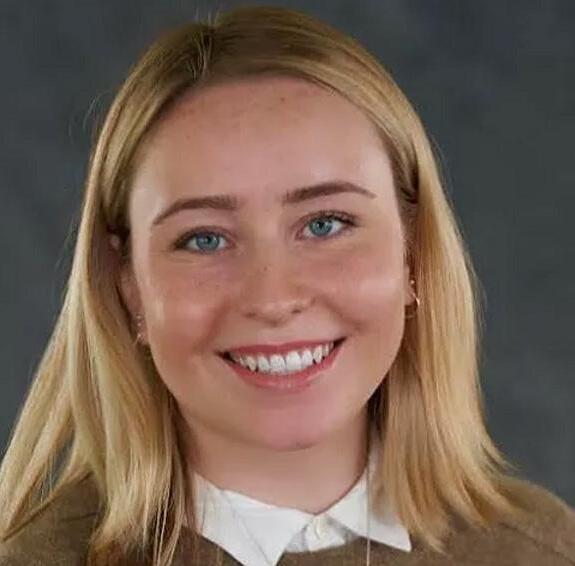
The trip to the gas station is an American experience for more than refueling cars. The US gas station sees the majority of its profits from the convenience stores attached to them. DSL researcher Allyson Greenberg and Dr. Jay Golden describe this relationship and the dynamic changes that will occur when the US scales up its EV charging system. Discussion includes the widespread availability of new refueling locations that EVs will create and the mixed demand for conventional fueling methods as the EV transition occurs.
Working with Dr. Golden and Dr. Pawan Patil, Serial Eco-Ethical Entrepreneur, Sea Dragon Foundation Founder & Co-Founder of Global SeaForest Trust, Juan Ignacio Gowland took a leading role to assist in the development and design of a new paradigm in sustainable supply chains. The term Eco-Ethical Supply Chains first coined by Patil was effectively developed in the Dynamic Sustainability Lab as a human-centered framework for global supply chains that introduces the concepts of ethics in addition to economics, the environment and ecology. Led by Dr. Golden, a paper further introducing the concept is forthcoming.

Passionate about foreign policy, economic development and how sustainability efforts relate to both, graduate student Kayla Johnson spent this past summer in Singapore delving further into these career interests. For four months, Johnson was immersed in Singapore culture while interning at the US Department of Commerce, focused on promoting foreign investment that flows into the United States.
Involved in assisting Singaporean companies that are expanding into the US, conducting market research, and preparing remarks for stakeholders, Johnson’s internship involved a lot of quick and focused work. Interning in such a rigorous environment pushed Johnson to utilize her skills from her undergraduate studies, in which she earned her Bachelor of Arts in Political Science and International Studies from Benedictine College in 2018. Most of the summer consisted of various conferences, including the World Cities Summit and the Asia Infrastructure Forum, in which Johnson assisted other specialists in groundbreaking meetings and events. The collaboration with actors in the foreign trade, investment, and economic development sectors inspired Johnson’s career path greatly.
During the baby formula shortage over the summer, a US-affiliated company in Singapore placed shipments as part of the Biden Administration’s operation, and Johnson played a role in this event through writing memos and speeches for the Deputy Chief of Admissions.
“I got to help write the remarks for the speech he gave at an event which was really wild,” Johnson said. “I got to go as well. I got to see the event, the different actors there, and tour a baby formula factory which was really interesting.”
Having never worked a position of this caliber before, Johnson enjoyed the fast-paced nature of detailing findings in written reports under quick deadlines and even simply understanding how the Department of Commerce is organized and functions.
“You just kind of have to take what you get and use the resources you have to learn something new, and that’s what I love and found really interesting,” Johnson said.
Johnson’s aptitude for acquiring new skills, along with her passion and recent experiences in Southeast Asia, guided her into her latest endeavor at Syracuse University. Pursuing her final year of her Master’s Degree in Public Administration and International Relations at the Maxwell School, Johnson landed a position as a Research Assistant at the Dynamic Sustainability Lab.
Johnson joined the lab as a first-year researcher investigating the energy transition in Southeast Asia, continuing her study of the region’s economic development and foreign policy.

“This just seemed like a natural fit of how I could take what I had heard and maybe learn a little bit more about the specifics of it,” Johnson said.
Johnson’s specific role in the lab includes analyzing how businesses and enterprises are involved in Southeast Asia’s push for Net-Zero. She is developing an index to quantitatively assess the ability of countries to support sustainable businesses. Throughout her research thus far, Johnson has noticed a push for sustainability as a foundation in economic development and foreign policy, something that she finds important. The scope of Johnson’s research is broad yet impactful, intertwining her experiences and interests to formulate policy recommendations through data. Johnson’s work in the lab will be a step in the right direction to influence sustainable decision making.
“I feel like there’s this sense of urgency, even in the literature we’re reading, that we need to be thinking about [the climate crisis] now,” Johnson said. “For me, if what we’re doing is able to contribute to that conversation, then I think that’s meaningful. There’s a problem, we might not have all the solutions, but we are able to contribute to the understanding [of potential solutions.”
Whether based in Singapore or Syracuse, Johnson is committed to her research – whether it be developing data for Southeast Asia countries or writing reports for key actors in sustainability transitions in the US. Graduating in May of 2023, Johnson strives to leave a lasting impact through her research within the Dynamic Sustainability Lab – to contribute to conversations surrounding global sustainability transitions.
"I FEEL LIKE THERE’S THIS SENSE OF URGENCY, EVEN IN THE LITERATURE WE’RE READING, THAT WE NEED TO BE THINKING ABOUT [THE CLIMATE CRISIS] NOW.”
KAYLA JOHNSON, GRADUATE RESEARCHER
FROM SINGAPORE TO SYRACUSE: KAYLA JOHNSON’S CONTRIBUTION AND COMMITMENT TO SUSTAINABILITY
This project will be a long-term effort by the DSL as we develop an interactive database and user-experience to allow the general public and companies to better assess the transparency of leading corporations in spanning different industrial and financial sectors across the globe. Specifically we are evaluating and rating organizations on their advancements and transparency in regard to their Net-Zero Carbon Transition as well as efforts for Diversity, Equity and Inclusion.

In the near-term the lab will have constructed a framework that is able to assess corporations across different industries. It will be distinctive from other rating mechanisms through our focus on the granularity of the information provided by corporations as well as consumer values. To inquire about the Corporate Transparency Team’s research or other information, the team can be reached at kramir07@syr.edu, jrobin08@syr.edu, & jasnelli@syr.edu.
The lab has multiple projects supporting both governments and industry on the transition to a net-zero carbon economy. We have supported the U.S. government examine the history and effectiveness of the “Biorefinery, Renewable Chemical, and Biobased Product Manufacturing Assistance Program” which is a large loan guarantee program. We are also working with organizations evaluating R&D and traditional financing schemes to advance novel climate and energy related advancements.

Finally, the lab is very active in the voluntary carbon market (VCM) and the emerging carbon capture and sequestration (CCS) sectors. Our work spans industrial and agriculture sectors in addition to industry in evaluating regulatory needs for VCM as well as working the global insurance and re-insurance industries as they develop new products to cover the risks associated with both VCMs and CCS.

The Climate Smart Commodities Team at the DSL is excited to be exploring several important areas of sustainability this year. The team is largely focused on developing strategies and policy recommendations to further the adoption of industry carbon intensity labels and the expansion of Climate-SMART and Biobased technologies, with an emphasis on domestic initiatives. Presently, many of the initiatives and techniques for carbon intensity labeling are in early development. As a team, Aaron Otis and Katharine Ryan seek to lend their expertise to assist in the transition toward more transparent and consumer smart commodities. The complexity of these labels should not be understated, and they seek to offer a systematic and holistic framework upon which industry and government entities can achieve widespread and meaningful labeling adoption, recognizing the critical leverage points for success.
In addition to carbon labeling, Otis and Ryan are also focused on the transition to BioFuel technologies and voluntary carbon markets, particularly in carbon capture, utilization, and storage (CCUS). Research suggests that singular initiatives are likely insufficient to achieve global carbon emission reductions. Supporting the enterprises of varied global actors and stakeholders is key to meeting both domestic and international goals. The team is exploring both the overt and more subtle linkages between the financial, government, and industry sectors. In doing so, they seek to develop strategies that reduce market uncertainty and streamline policy initiatives, while also supporting economic growth in its most needed areas and mitigating the risk of unintended consequences in the net-zero transition.
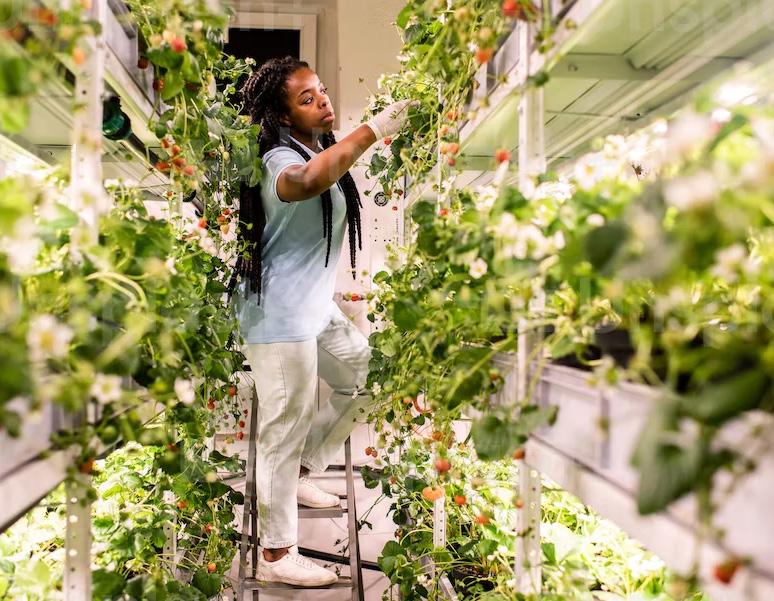 VITALE
VITALE
Did you know that recently Walmart signed an agreement to invest in Plenty, an indoor vertical farming company, as part of their $400M Series E funding round. This is an example of Walmart’s and other global grocery chains broader strategic vision to deploy large-scale indoor vertical farming technology platforms to deliver fresh produce to their retail stores while also reducing carbon, water and pesticides.
At the Dynamic Sustainability Lab, Framke Vitale is currently researching and analyzing the vertical farming industry in its entirety, with a greater focus on how various vertical farming systems work, what produce is grown, and the overall perceptions of controlled environment agriculture. Vertical farming creates a sustainable alternative to current growing systems. With a need to increase current food supply systems by 70% by 2050, vertical farming can aid in addressing challenges in production yields, supply chain disruptions, as well as lowering water, pesticide, and carbon usage. Vitale is doing further research to truly understand the overall impact that vertical farming has economically, environmentally, and socially in respect to agriculture, grocery, and other related industries and sectors.
Vitale is aiming to gain further consumer and retailer insight into the perceptions and awareness of vertical farming and its produce. In the long run, the team plans to assist vertical farming industry partners through providing research on how to successfully penetrate the produce market and attract new consumers. The team is working on developing a metric to rank vertical farming as well as developing quantitative surveys to gain beneficial insight. Vertical farming poses an innovative and sustainable mode of produce farming as the industry continues to grow in the United States market and globally. The Lab is eager to be at the forefront of US-based vertical farming and continue to research and aid in the awareness of controlled environment agriculture.

A group of Executive MPA students working with the DSL undertook an extensive evaluation of the $24.8 Billion global palm industry which has been used to support alternative fuels in the European Union as well as serving as a critical feedstock for the global consumer products industry. Indonesia and Malaysia provide over 80% of the global supply, yet their production has resulted in deforestation as well concerns for indigenous communities as well as child labor violations. The team’s research explored environmental and social impacts as well as public and private sector policies which can help facilitate a more sustainable sector moving forward. To learn more you can review the Palm Oil Technical Bulletin on the Dynamic Sustainability Lab website. In the DSL’s first report, Director Dr. Jay Golden lands aviation fuels research. The report discusses the current emissions scenario in the aviation sector and prescribes alternative fuels as a major route to reduce carbon emissions.

“Sustainable Aviation Fuels reduce up to 80% in carbon emissions over the lifecycle of the fuel compared to traditional jet fuel depending on the feedstock, production methods and the supply chain” writes Dr. Golden.
This comes as flights account for a significant source of carbon emissions worldwide. In addition, the global aviation sector has committed to net zero emissions by 2050. Reaching this goal means applying alternative aviation fuelsThe US and EU are actively employing this technology.
“The U.S. and European Union goals together would support almost 4 billion gallons of annual sustainable aviation fuel production in 2030, and more than 45 billion by 2050” writes Dr. Golden.
To reduce sky-high carbon emissions, sustainable aviation fuels need to take off. This report outlines the current market conditions and what may occur if sustainable aviation fuels are invested.


The International Renewable Energy Team is working on The Role of Public Private Partnerships in Energy Transition Policies in Southeast Asia (SEA). Boasting rapid growth, SEA is drawing global attention. Free trade agreements, loosening tariffs, an abundance of labor, strong consumerism, and a global shift towards supply chain diversification have made the region attractive to industry. However, SEA has been slow to transition to low-carbon practices and renewable energy production while companies around the world are committing to a net-zero carbon transition.
The team is studying the role of multinational corporations in energy transition policy in SEA. Their work will analyze key economic, policy, and energy trends at play while highlighting how industry pressure is advancing transitioning energy policies. The team is also working on developing a leading index that will analyze the capacity of countries in SEA to foster and sustain a synergetic ecosystem that balances economic prosperity, environmental stewardship, and social responsibility while operating in a practice of perpetuity. This index will be used to better evaluate the regional energy transition and thus the ability of SEA nations to support sustainable business. Such research will help inform key stakeholders and industry leaders across SEA and the world.
To inquire about the International Renewable Energy Team’s research or other information, the team can be reached at adala`m@syr.edu, cchibamb@syr.edu, kjohns71@syr.edu, rrsheik@syr.edu, & ietahir@syr.edu.
ADIBA ALAM, CHARLES CHIBAMBO, KAYLA JOHNSON, RIONA SHEIK, IBRAHIM TAHIRCharles Chibambo’s distinguished repertoire in engineering, research, and sustainable development is enough to understand that his addition as a Researcher at the Dynamic Sustainability Lab is an impactful endeavor. Starting in August, Chibambo’s experience at the DSL has already been fruitful.
As a visiting research fellow, Chibambo leads the DSL’s International Renewable Energy research team where he applies his passions in research, engineering, and community solutions.

Chibambo’s research has been integral to the DSL’s research in renewable energy and continues to foster a strong understanding of the sustainability challenges in the energy field.
“We do deep-dive work in not just energy.” Chibambo continued “we have flexibilities in the areas we explore and that means expanding my research focus globally to understand solutions to the challenges in my home country”
His work encompasses globalized developments in sustainable transitions. Chibambo is concerned with two types of energy transitions – Brownfield redevelopment and Greenfield transitions.
Brownfield redevelopment projects mean adapting, renewing, and redesigning existing infrastructure. This is found in developed countries with fossil fuel infrastructure for energy systems. The task of brownfield redevelopment would be to adapt the existing infrastructure to become cleaner and more sustainable through new technologies like solar and wind.
Greenfield development is similar to its name-No infrastructure exists. Thus, the development would mean building energy infrastructure across greenfields. For Chibambo, this area of greenfield development is particularly close-to-home- much of the energy infrastructure does not exist in his country.
Coming from Malawi, Chibambo brings years of experience in engineering in the energy utility space. In addition to his role with the DSL, Chibambo is a Partner and CEO of S.I.T.E. Engineering and a researcher for the World Energy Council. In the past, Chibambo has served two years at ESCOM, Malawi’s State energy distribution corporation.
At ESCOM, Chibambo developed his understanding of Malawi’s energy infrastructure and a strong foundation to research how to improve energy systems.
“There is a lack of infrastructure and implementation coherence (in sub-Saharan countries like Chibambo’s Malawi).”
This means Malawi is a country of Greenfield importance. Chibambo identifies supply chain issues and slow-moving policy as Malawi’s primary barriers to implementing new, sustainable energy technology. Chibambo looks to the implementation of sustainable energy technologies to address the nation’s growing energy needs.
Chibambo’s work and research represent how to overcome these challenges. He points to the United Nations Sustainable Development Goals 9 and 11 as forces that could alleviate supply chain issues and present demand for clean development in sub-Saharan Africa.
His broad research identifies other areas of energy importance including a significant issue in securing manufacturing for clean energy technology. Southeast Asia is one of the largest exporters of clean energy technology manufacturing. This global issue can affect Chibambo’s own country and its implementation. Indeed, energy-related issues are of international concern.
Chibambo represents the Hubert H. Humphrey Fellowship – a US State Department-sponsored program that international professionals take on to help solve local and global challenges like the ones Chibambo identifies in his research. This program means taking the study Chibambo completes at the DSL and in the US to his home country of Malawi where he seeks to implement sustainable solutions in his country’s energy infrastructure and across Sub-Saharan Africa.
“I want to be able to take what I learn here and apply it to subSaharan Africa and implement renewable solutions in Malawi.”

"WORKING WITH CHARLES IS AN EXAMPLE OF HOW THE DSL IS WORKING TO EXPAND OUR GLOBAL ENGAGEMENT AND GLOBAL IMPACT.”
DR. JAY GOLDEN, LAB DIRECTOR
A PATH FOR SUSTAINABLE DEVELOPMENT: CHARLES CHIBAMBO’S WORK IN SUB-SAHARAN AFRICA
On Friday, October 27, our researchers spent the morning sorting, weighing, and evaluating ten bags of waste and three bags of recycling from the Schine Student Center on campus. The event was a collaboration between the Dynamic Sustainability Lab, Syracuse University’s Student Association, and the Office of Sustainability Management. Split into teams with the task of separating the waste into plastic, paper, metal, organic compost, and non-recoverable trash, the Waste Audit Event thronged the DSL team, especially, and garnered valuable insight.
Olivia Happel, an undergraduate Circular Economy researcher within the Sustainability Syracuse team, organized and led the event, as her intent is to quantify the amount of potentially recyclable material entering our waste streams on campus.

“I feel so happy because I feel like this event is the catalyst of collaboration,” said Happel after leading each team during the audit. “It’s kind of proof that we can come together as different sustainability bodies and do something that produces really good, important numbers.”
Each researcher, and even members of our Communications Team, suited up in protective gear and weighed the trash bags before sorting the waste into their respective categories. After
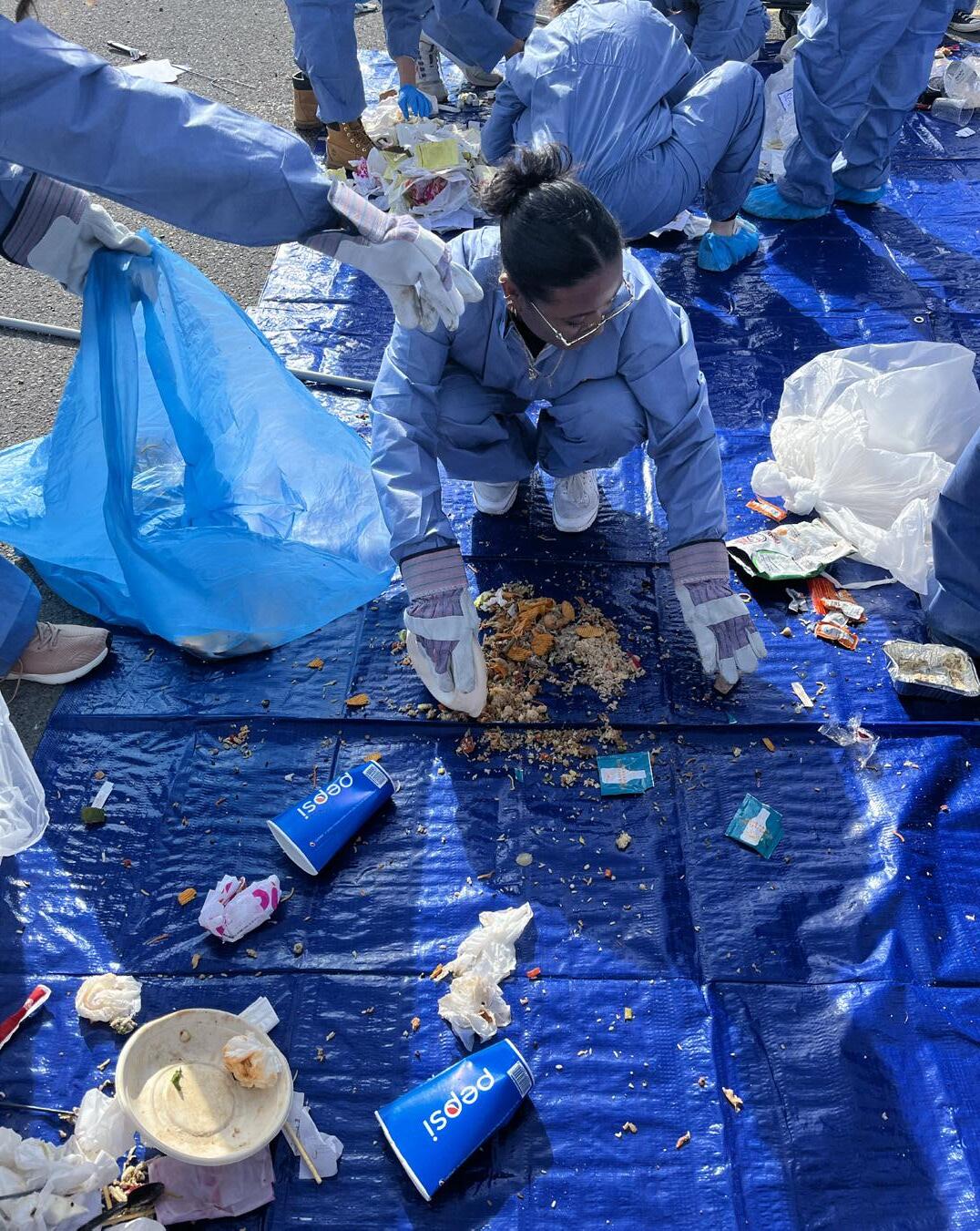
the waste was sorted, it was weighed again to determine what types of materials enter our waste and recycling bins at Schine. Each team sorted three to four bags, and the general consensus was a lot of food and plastic ends up in our trash–especially unused plastic utensils.
Every single waste bag that was audited had materials that either could have been recycled or replaced with a sustainable alternative. Many volunteers commented on the large volume of unopened plastic utensils in the trash bags–students who eat at Panda Express and CoreLife are given a plastic spoon, fork, knife, and napkin packet that are often thrown away untouched. Additionally, there was an immense amount of food that could be collected and composted rather than dumped in the trash bags.
While the quantitative data measurements are still being evaluated, there is a general consensus that existing waste disposal signage and lack of signage deters students from properly recycling or disposing of waste. Our campus needs more educational signs that effectively communicate how, where, and why to dispose of waste because it remains unclear and confusing as to what can and cannot be recycled. This event was a tremendous start to reevaluating policies and quantifying recyclable material from waste streams on our campus.
During the spring of 2022, Dr. Golden and graduate researcher Zach Bowman undertook a deep dive into the Venture Funding ecosystem at Syracuse University to support students interested in developing service and technology businesses focused on climate, energy and sustainability. The project benchmarked existing programs and explored emerging opportunities to support students with technical and financial support. In 2023 Dr. Golden will be working with alumni and friends of the university to help establish a strong network of support systems to help all aspiring students interested in sustainability and clean-tech innovation.
The Circular Economy Team aims to investigate and quantify current solid waste management and material purchasing procedures at Syracuse University. By establishing baseline metrics for all waste streams on campus, Olivia Happel and Tanmay Rathod hope to provide the University with suggestions for purchasing sustainable, cost-effective alternatives.
Happel is focused on waste and recycling streams, while Tanmay is investigating the supply chain and university purchasing policies. The team has been continuously collaborating with Syracuse University Sustainability Management faculty to retrieve historical waste data. The team has also closely observed the types of waste receptacles on campus, noting how the signs on these receptacles communicate to students what should get thrown away where.
At the end of October, Happel ran a waste audit at the Schine Student Center. At the heart of campus, Schine is a place for eating, studying, and shopping, meaning that Schine inevitably produces a lot of waste. The waste audit allowed the Dynamic Sustainability Lab members to get an inside look at what gets thrown away and recycled at Schine. Preliminary findings suggest that a lack of educational signage in Schine is producing recycling bags that are highly contaminated with food waste. The team hopes that the findings from Happel’s waste audit will trigger changes in waste receptacle signage in the Schine Student Center.
As a society, we are rapidly transitioning to electric vehicles which brings with it complexities including the development of new infrastructure such as charging stations. Considerations need to be understood to ensure access to Syracuse University students, faculty, staff and visitors as well as in consideration with our community partners. Colby O’Hanley is working in partnership with various university, utility and community partners to examine the environmental, operational and economic considerations. In addition, Colby is working with peer universities across the country to garner new insights on the type of efforts they are undertaking and examining their applicability to Syracuse University. Finally, Colby is examining the various greenhouse gas emissions associated with each different scenario.
The Sustainable Syracuse Data Dashboard Team is responsible for developing the dashboard, obtaining the necessary data for the dashboard from the relevant teams, and visualizing it using Power BI. Recently, team member Rahul Kotian conducted a study on the technologies utilized by several colleges. He evaluated the finest available technology and considered the top two: Power BI and Tableau.
Kotian is working with the university’s energy office to support the development of this dashboard which will serve as a blueprint, planning hub and guide for visitors locating certain pages. Power BI offers numerous visualization options. Kotian is experimenting with at least six distinct data visualizations to display the information in a variety of designs. Lab members will vote on the most aesthetically pleasing design. As a team, our goal is to make the best of the technology available and develop an amazing dashboard with the goal of quantifying the environmental impacts of the operation of the university.
The Sustainable Syracuse Energy Team works to find the total energy consumption of the university, and more specifically in each individual building. Team members Victoria Cawley and Tayara Romero take a deep look into what sustainable efforts are made in various ACC colleges, as well as universities in the Northeastern region and find their success rates, costs, and how SU can implement similar efforts into the campus. Their main goal is to find the most sustainable and financiallyfeasible projects that can be implemented at Syracuse to reduce energy consumption, and finding where/how SU can start using renewable energy to power its buildings.
Cawley’s research mainly focuses on building energy and looking at the STARS ratings on building and energy from other ACC universities, comparing their scores to Syracuse University’s, and finding out what SU can do to become more sustainable in our academic, residential, student life, and athletic complexes.
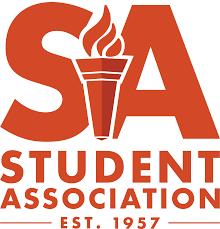
One of the top priorities for the Dynamic Sustainability Lab is to generate excitement and enthusiasm of Syracuse University students from across the entire campus and from all disciplines. This year marks the start of an exciting partnership between the Dynamic Sustainability Lab and Syracuse University’s Student Association. The goal of this partnership is to work together to advance student climate, energy and sustainability participation, research and outreach. Plans are already in place for a large campus-wide Sustainable Syracuse week in April 2023-stay tuned for exciting updates.

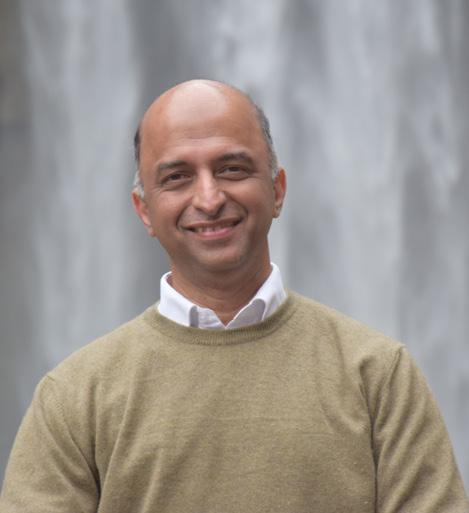

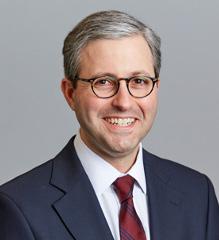



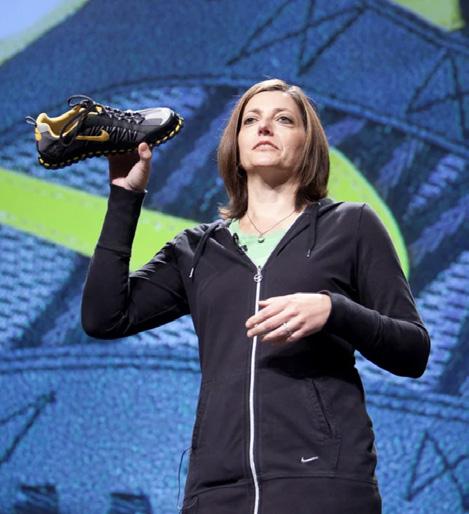




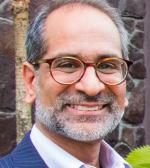
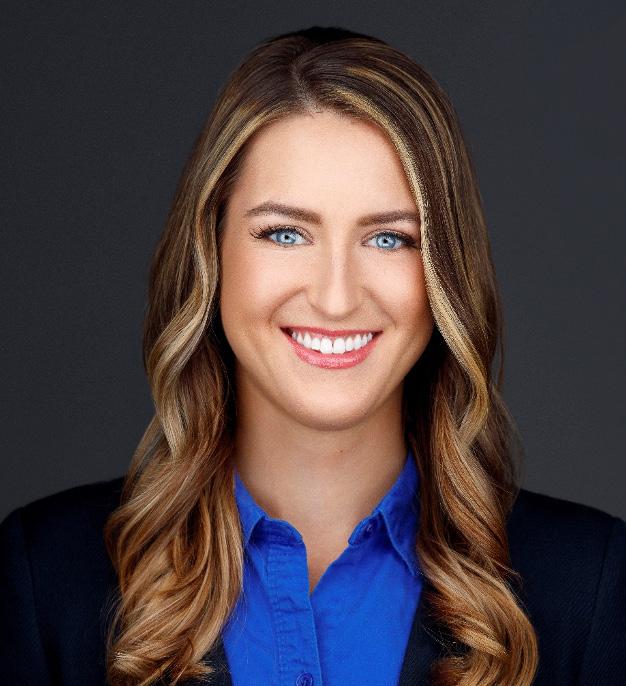
 JOBY CARLSON
DR. PAWAN PATIL
KAREN BOYD
DR. MARCO UGARTE SCOT CASE
FRANCIS BOUCHARD
LETITIA WEBSTER
DR. ALEX WARD
LORRIE VOGEL Vice President & Chief ESG Officer at 7-11 Innovative Investment Operations & Advisory at World Bank
Carbon Services Sr. Manager at Truterra
Director - Sustainability at Walmart VP, Corporate Social Responsibility and Sustainability at National Retail Federation
Managing Director, Climate at Marsh McLennan
Managing Director & Chief Sustainability Officer – Asset Management Division at Goldman Sachs
President, Origin Materials Canada Research, Director of Open Innovation at Origin Materials
Founder and President at ImagineNOW
BRANDON MORRISON
DR. PETE HE
Head of Sustainability at Resorts World Co-Founder at Dirty Labs
DAVID MARKS STEPHEN LISAUSKAS
SAMIR SOMAIYA Head of Public Affairs at Equinor Renewables US Vice President of Government Affairs at WasteZero
Chairman of Godavari Biorefineries Ltd. Chancellor of Somaiya Vidyavihar University
JOBY CARLSON
DR. PAWAN PATIL
KAREN BOYD
DR. MARCO UGARTE SCOT CASE
FRANCIS BOUCHARD
LETITIA WEBSTER
DR. ALEX WARD
LORRIE VOGEL Vice President & Chief ESG Officer at 7-11 Innovative Investment Operations & Advisory at World Bank
Carbon Services Sr. Manager at Truterra
Director - Sustainability at Walmart VP, Corporate Social Responsibility and Sustainability at National Retail Federation
Managing Director, Climate at Marsh McLennan
Managing Director & Chief Sustainability Officer – Asset Management Division at Goldman Sachs
President, Origin Materials Canada Research, Director of Open Innovation at Origin Materials
Founder and President at ImagineNOW
BRANDON MORRISON
DR. PETE HE
Head of Sustainability at Resorts World Co-Founder at Dirty Labs
DAVID MARKS STEPHEN LISAUSKAS
SAMIR SOMAIYA Head of Public Affairs at Equinor Renewables US Vice President of Government Affairs at WasteZero
Chairman of Godavari Biorefineries Ltd. Chancellor of Somaiya Vidyavihar University
Committed to serving his communities through his extensive knowledge of horticulture, Paul Zorner joined the Dynamic Sustainability Lab’s advisory board a year ago to assist in advancing our biobased economy.

Having co-founded several agricultural, biotechnology, and renewable-energy based companies, Zorner views Syracuse University’s research lab as a unique opportunity to gain the attention of big names in the industry in order to spearhead growth and change.
As a member of many corporate and non-profit boards, Zorner jumped at the opportunity to work alongside Dr. Golden in moving the conversation around the sustainability transition forward.
Zorner is a systems ecologist who truly believes that agriculture is the pathway to peace. He upholds a passion for enriching communities through the tools necessary to produce the food they need to live sustainably. “A lot of my focus later in my career has been on making the communities that agriculture supports more robust,” Zorner said. “Not just rural communities, but actually urban communities too. I think producing food is a noble cause, and I enjoy doing that.”
“I think if you want to continue to grow as an individual, continue to move the chains forward on this whole concept of expanding a biobased economy, it takes a village,” Zorner said. “I was quite
honored to be included, [and I am] just really impressed with Jay and the people he surrounds himself with.”
Zorner contributes his findings on agriculture and using food production to support communities globally to our research at the lab. With extensive experience alongside other companies focusing on food and economic security, Zorner has enjoyed working with the DSL to expand our scope.
“Jay has done something that is different from my experiences at other universities,” Zorner said. “[He has] attracted a different group of people, and that uniqueness is what attracted me and gets me excited about being able to advance important planks in helping us be happier and more successful people.”
As someone who has provided impactful financial support to the DSL, Zorner encourages individuals and organizations to help to financially support the DSL to provide opportunities for student researchers to grow in their respective fields and support rapid growth in the industry as a whole, especially in regards to bolstering the commitment to true Net-Zero by 2050.

“[Student researchers] are able to do some things that none of the rest of us would have had the time or the resources to do,” Zorner said, “and the return on that dollar you invest–and it is an investment–is remarkable. You’re potentially going to support an entity that will produce your next set of employees, that will be skilled and able to move you forward at a much more rapid pace.”
Zorner is a firm believer in the younger generations’ ability to advance our world and is passionate about assisting researchers like ours through his membership on the Advisory Council.
“I really do believe in this,” Zorner said. “Enabling your student colleagues to be able to have an impact when you step into the world [is] so important. Agriculture needs you. We have to recruit young, talented people or we’re doomed. I’m a big believer in the future, and the future will be bright.”
"WE HAVE TO RECRUIT YOUNG, TALENTED PEOPLE OR WE’RE DOOMED. I’M A BIG BELIEVER IN THE FUTURE, AND THE FUTURE WILL BE BRIGHT.”
While only a year into its initial foundation, the Dynamic Sustainability Lab has achieved strong outreach with other organizations on campus and beyond. One of the strong partnerships with students and faculty from the Newhouse School of Public Communications who have successfully partnered on impactful research grants in addition to mentoring Dynamic Sustainability Lab students.
Regina Luttrell, a Newhouse faculty member and the College’s Associate Dean, has played a leading role in this growing partnership. “Nobody can do their job without us,” Luttrell said. “We are the communicators, the storytellers, and the connectors, and our partnership is a prime example of that. You have researchers that may be in the field, and all of that is fantastic, but who is going to tell that story?”
One way in which Luttrell will work with the lab to give a platform for student researchers across the university will be an inaugural Sustainable Syracuse Film Festival–a collaborative project between DSL and Newhouse. The spring festival will highlight the importance of sustainability research and outreach by engaging students from a broad range of disciplines from throughout Syracuse University.

“I think the [festival] is going to be a really good example of how there is one topic, sustainability, and how all these different areas feed into it to make it a rich experience across the board,” Luttrell said.
She has been witness to Golden’s outreach and interdisciplinary approach for the past year, and noted the significance of such a diverse group of researchers and other connections. “With diverse voices there are diverse opinions and ideas,” Luttrell said. “I feel as though Golden’s lab is pretty far reaching. It sort of supersedes Syracuse, it’s bigger than Syracuse, and I think that is just the pure nature of who Jay is and his vision.”
Luttrell works with students often, and commends Golden for emphasizing the value of their voices. Often stopping by the lab to view the research papers and bulletins, Luttrell appreciates the studentcentered approach. “A lot of times some lab directors put themselves first,” Luttrell said. “I think that Jay Golden tries to put his students at the center as the experts–what are they saying, what are they researching, where are their ideas coming from. I think that’s what I love most about the Dynamic Sustainability Lab.”
“I THINK JAY GOLDEN TRIES TO PUT HIS STUDENTS AT THE CENTER AS THE EXPERTS–WHAT ARE THEY SAYING, WHAT ARE THEY RESEARCHING, WHERE ARE THEIR IDEAS COMING FROM.”


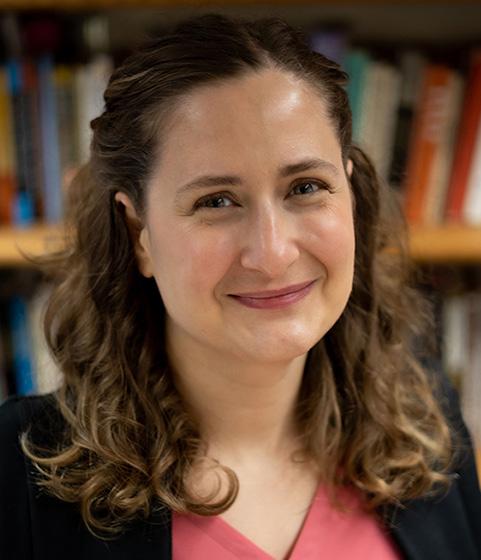
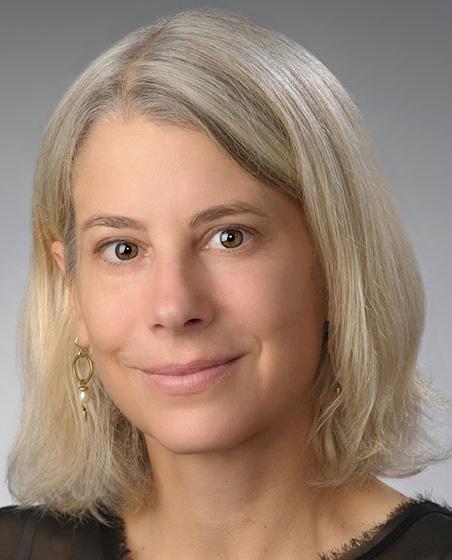

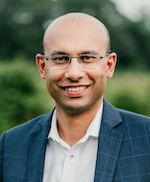
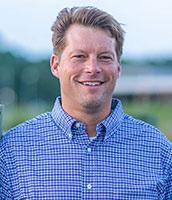





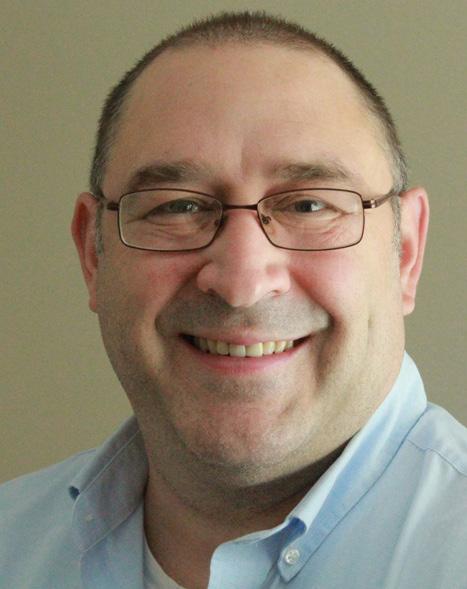



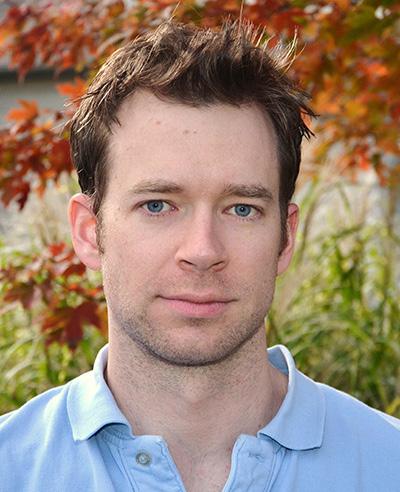


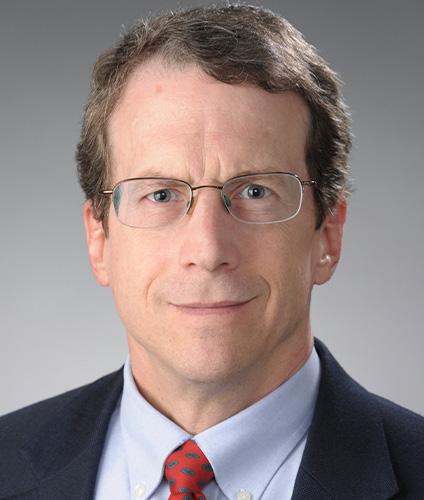






This year, the DSL communications team worked toward bolstering the lab’s branding, reputation, and recognition. We grew our team to a total of four undergraduate students, along with two supporting teams from Hill Communications. The team focused on creating consistency throughout the website, social media platforms, monthly newsletters, technical bulletins, and overall branding. The website has had 1462 unique visits and the newsletter currently has 772 subscribers. They did outreach by tabling to promote sustainable solutions on campus as well as promoting researchers and their globally-impactful research. Communications focused on building outreach both on Syracuse University’s campus and across the globe, working to broaden the reach of the lab’s findings. Together with the support of the researchers, the team’s goal for the upcoming year is to broaden this reach even more.
OUR YEAR IN NUMBERS @DYNAMICSLABSU
772 NEWSLETTER SUBSCRIBERS


1,462 UNIQUE WEBSITE VISITS
2,747 SITE VISITS TOTAL
A gift to the Dynamic Sustainability Lab makes a meaningful difference for our student researchers. It provides opportunities they might not otherwise have to undertake real-world and impactful research that better prepares them for entry into the workforce and eventual leadership roles in the public and private sectors.
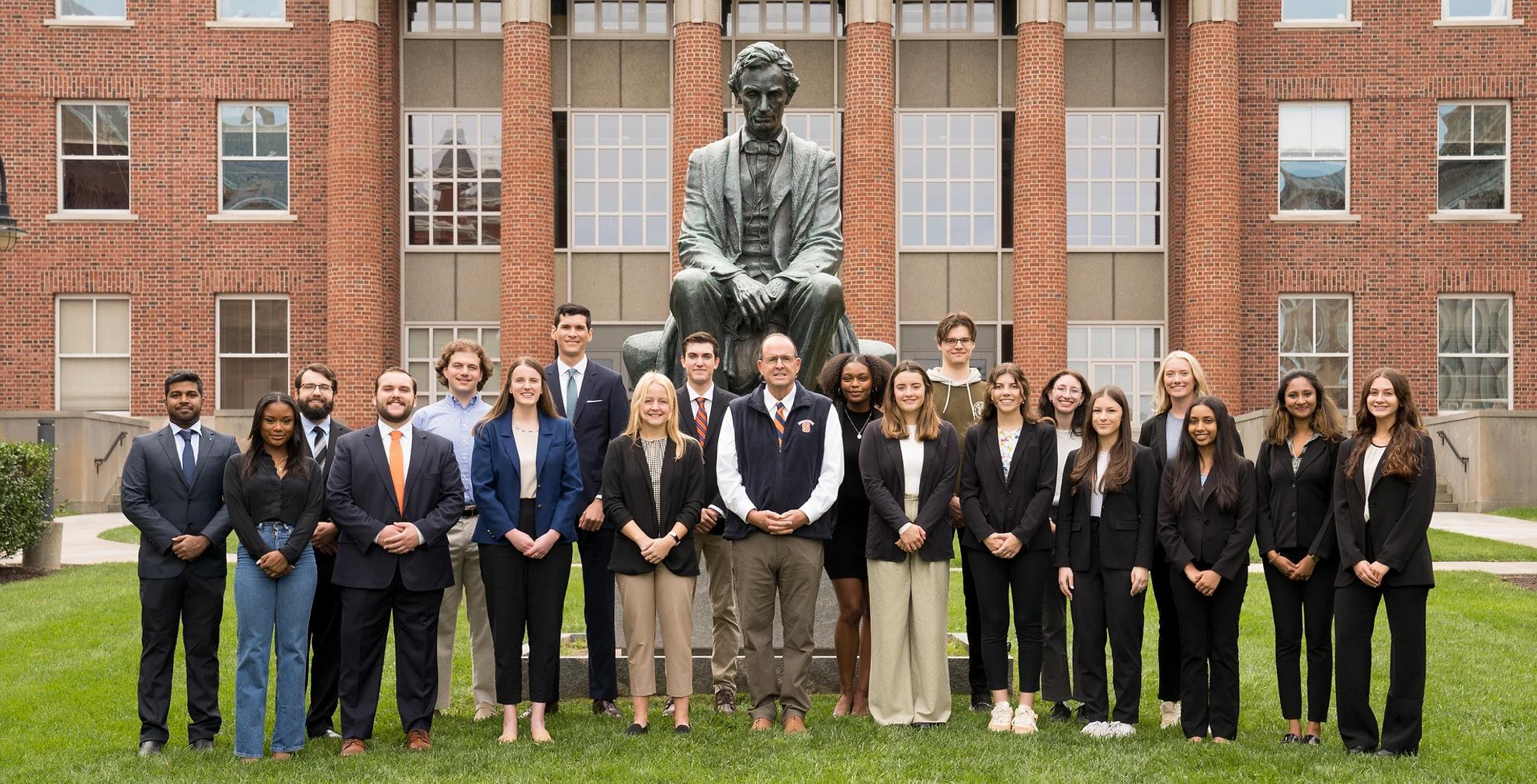
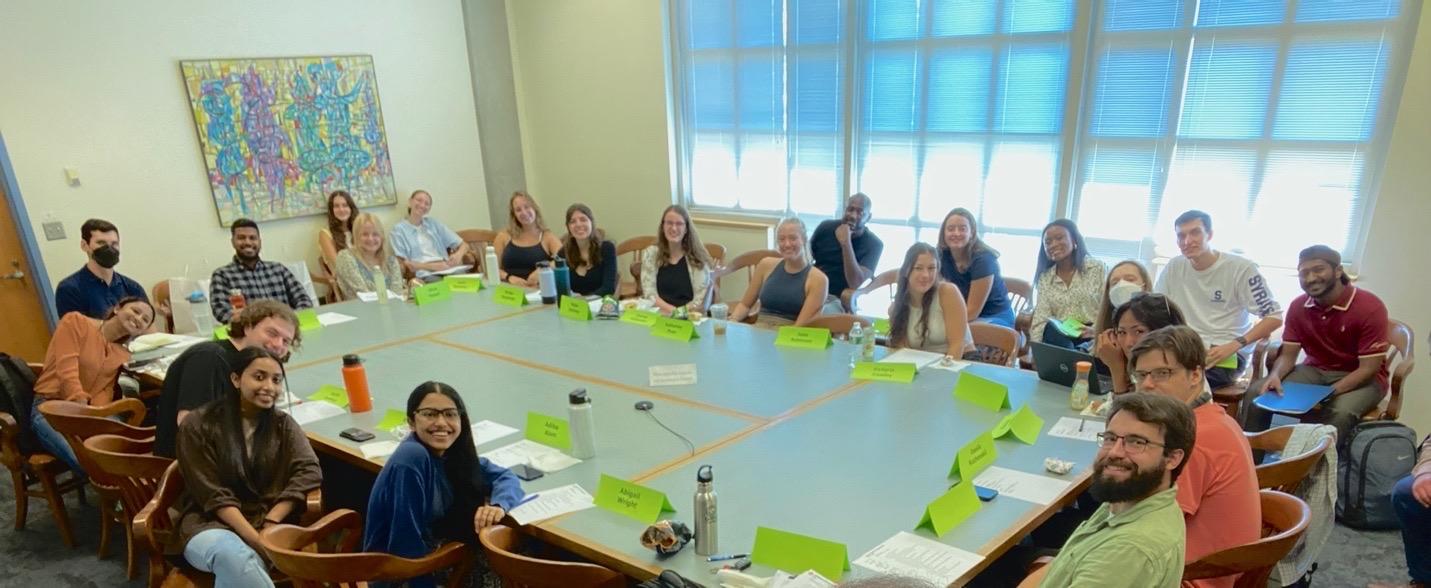
Examples of what your contribution can help with:
• Hiring of undergraduate and graduate student researchers from across the university
• Support with travel to conduct and present research
• Research and outreach materials and supplies
Additionally, as we enter 2023 and our second year, we are looking to stand-up efforts to develop and implement a new program to support smaller communities and organizations in smaller communities both in the United States and globally. We hope to fill a unique and much needed role in helping communities develop of economic and job growth through climate, energy and sustainability programs.
To make an unrestricted contribution to benefit our students and the work we provide please go to: givetosu.syr.edu/pontarelliesf

WWW.DYNAMICSLAB.ORG



Dynamic Sustainability Lab

200 Eggers Hall
Maxwell School of Citizenship and Public Affairs
Syracuse University
Syracuse, NY 13244-1020
